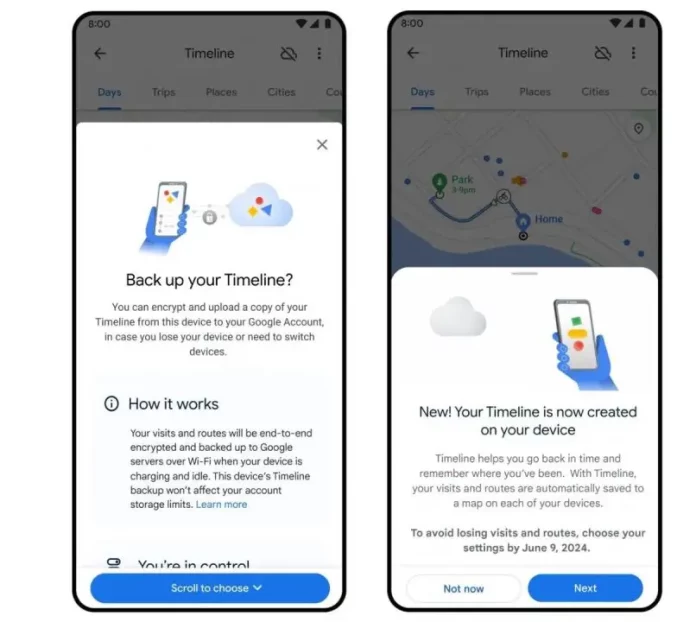Reports have surfaced claiming that Google’s smartphones collect and transmit personal data from users every 15 minutes. Allegedly, the data includes user location, app activity, and other information, sent back to Google without explicit user consent. This situation has led to mounting concerns about how Google manages privacy and data transparency on its devices.
Privacy advocates argue that Google’s data collection practices appear to exceed what’s necessary for device functionality and could be exploited for targeted advertising. These advocates are especially concerned that Google has not been clear with users about the frequency and extent of data collection. Critics suggest that users deserve full transparency about the types of data collected, how it’s utilized, and an option to control or limit this tracking activity.
This development might lead to legal and regulatory challenges for Google, especially in regions with strict data privacy laws, like Europe. Advocacy groups are pushing Google to disclose more about its data practices and offer stronger privacy protections and options for users, particularly in light of GDPR standards in the European Union.
Google has yet to officially respond to these allegations. If these claims are substantiated, however, the repercussions could be severe, affecting user trust and Google’s reputation, particularly among users who prioritize their data privacy.

